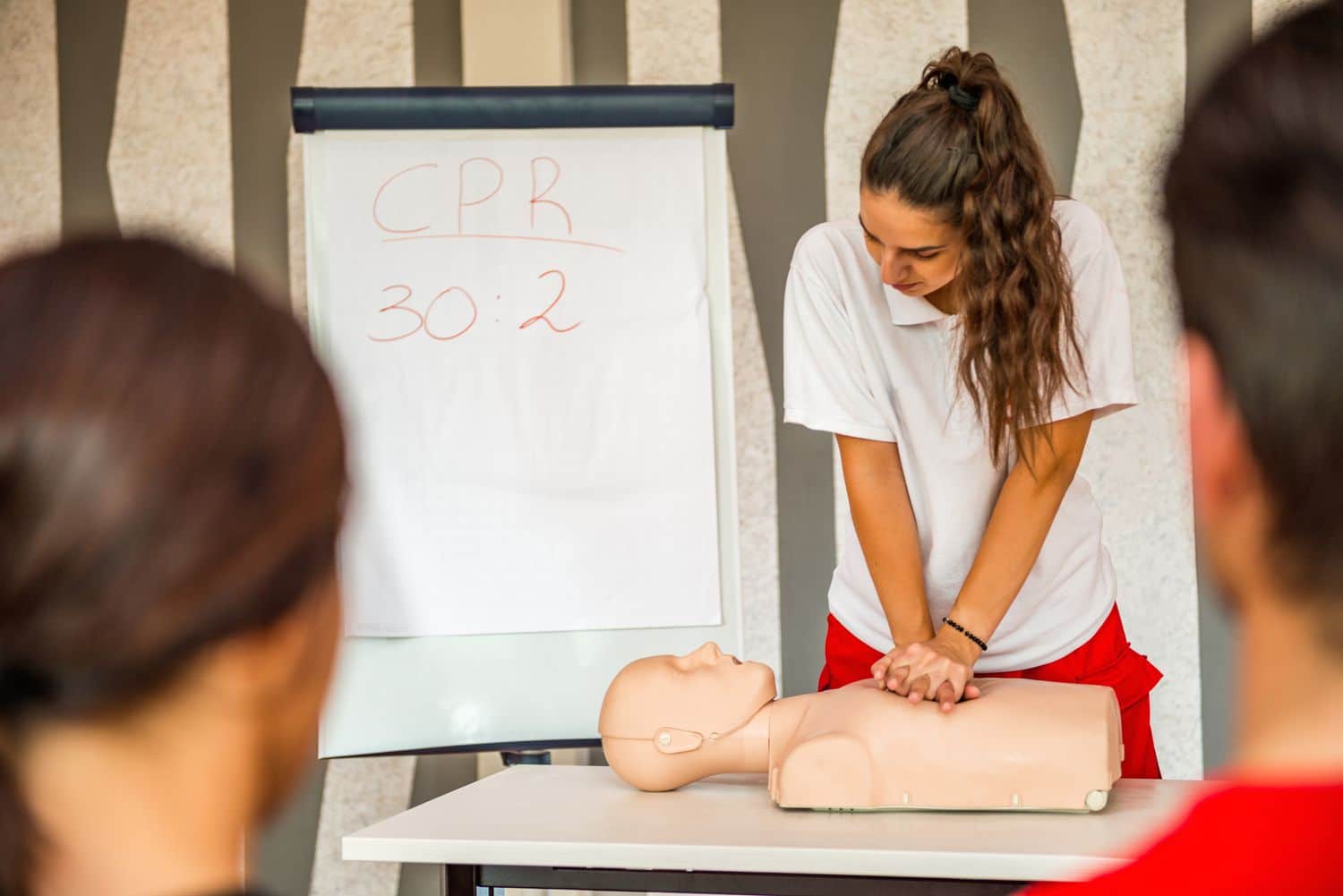Why Every Parent Should Learn First Aid and CPR
As parents, our number one priority is ensuring the safety and well-being of our children. We spend time childproofing our homes, monitoring their health, and teaching them about safety. However, accidents and medical emergencies can happen in an instant, and knowing how to respond can make all the difference. This is why is an essential skill that every parent should have.
Whether it’s a minor injury like a scraped knee or a life-threatening situation like choking or cardiac arrest, being equipped with the right knowledge can save a child’s life. Let’s explore why first aid and CPR training is so crucial for parents and how it can help in real-life emergencies.
Children are naturally curious and active, which sometimes leads to accidents. From playground injuries to allergic reactions, parents need to be prepared to handle a variety of medical situations. First aid CPR training provides parents with the confidence and skills to act quickly and effectively in an emergency.
Here are a few reasons why parents should consider getting trained:
In medical emergencies, every second counts. If a child experiences a choking incident, severe allergic reaction, or even a sudden cardiac event, waiting for emergency responders may take too long. With First aid CPR training, parents can provide immediate assistance while waiting for medical professionals to arrive.
For example, if a child suddenly stops breathing, performing CPR correctly can keep oxygen flowing to their brain and improve their chances of survival. Knowing how to react in those critical moments can be the difference between life and death.
One of the biggest benefits of First aid CPR training is the confidence it instills in parents. Emergencies can be overwhelming, but training helps parents stay calm and focused, allowing them to provide the necessary care without panicking.
When you know exactly what steps to take in an emergency, you can act quickly and efficiently. This not only benefits your child but also helps prevent a situation from escalating due to uncertainty or hesitation.
Not all emergencies are life-threatening, but many minor injuries can become more serious if not treated properly. From cuts and burns to sprains and insect bites, proper first aid care can prevent infections and complications.
For example, if a child falls and suffers a deep cut, knowing how to stop the bleeding and apply a clean bandage can reduce the risk of infection. First aid CPR training teaches parents how to handle these common injuries safely and effectively.
Infants and toddlers are especially vulnerable to choking, suffocation, and sudden illnesses. They rely entirely on their caregivers to ensure their safety. Parents who have completed First aid CPR training are better prepared to handle emergencies involving younger children.
Infant CPR is different from adult CPR, requiring a gentler approach. Training courses cover these differences and teach parents how to respond to choking, unresponsiveness, and breathing difficulties in babies.

Here are some of the most common situations where first aid and CPR knowledge can make a difference:
Fortunately, many organizations offer First aid CPR training for parents. Courses are available both in-person and online, making it convenient for busy parents to learn these vital skills.
Parenting comes with many challenges, but being unprepared for an emergency shouldn’t be one of them. Investing time in First aid CPR training gives parents the skills they need to protect their children in critical situations.
No one expects an emergency, but being prepared ensures that you can act confidently and effectively if one occurs. Whether it’s responding to a choking incident, treating a burn, or performing CPR, having this knowledge could save your child’s life.
Don’t wait for an accident to happen—take action today and equip yourself with the life-saving skills every parent should have.










